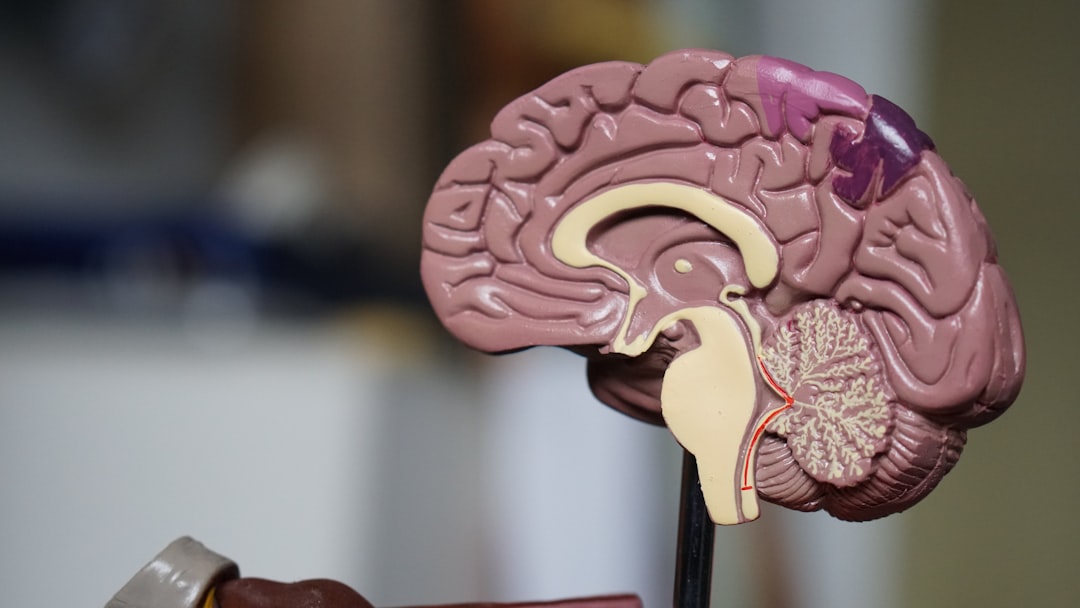Why Do People Need a Neurologist?
A neurologist is a doctor who specializes in diagnosing and treating disorders of the nervous system. This includes diseases of the brain, spinal cord, and nerves. To become a neurologist, a doctor must complete a four-year residency after completing medical school. Neurology is a highly specialized field, so many neurologists also complete additional training in one or more subspecialties. There are a number of reasons why you can be referred to a neurologist or should consider reaching out to one. If you want to learn about some of them, read on to find out about a few of the reasons why people need neurologists.
Why do people need a neurologist?

First, remember that if you do need a neurologist, it’s a good idea to do your research before you decide where you want to make an appointment. A search for a “neurologist near me” should help you assemble a list of options in your area. You can then read patient experiences to find out more about what each individual physician is like. Make sure the neurologist you choose is board certified and has experience treating the condition or symptoms you’re dealing with. You can also ask the doctor for references from previous patients, though many offices include testimonials on their websites.
Neurologists treat a wide range of conditions, but there are some that are more common than others. people who experience frequent headaches see neurologists for relief. Headaches can be caused by a variety of things, including tension headaches, migraines, and cluster headaches. If your neurologist suspects that your headaches are caused by a problem with your brain or blood vessels, he or she may order a number of tests, including a CT scan or MRI scan. These tests can identify any abnormalities that may be causing your headaches.
Seizures are also a cause for seeking treatment from a neurologist immediately. Epilepsy is a condition that causes seizures in people of all ages. When a person has a seizure, it can be a frightening experience. For some people, seizures are only occasional, while others have them frequently. Treatment options depend on the type of epilepsy and the individual’s seizures. Some common treatments include medications, surgery, and lifestyle changes.
What can you do to improve your brain health?

Sleep deprivation is a huge problem in today’s society. Not getting enough sleep is linked to obesity, heart disease, cancer, and a host of other health problems. What you may not realize is that sleep is also crucial for brain health. A lack of sleep can lead to problems with focus, concentration, decision-making, and memory. It can also increase the risk of depression and anxiety. Additionally, sleep deprivation can have a negative effect on your cognitive function, including your ability to focus, learn, and remember things.
A nutritious diet is also necessary for brain health. Eating balanced meals that include plenty of fruits, vegetables, and whole grains will benefit your overall wellness, especially your brain health. Fruits and vegetables are packed with antioxidants, vitamins, and minerals that are important for brain health. Antioxidants protect the brain from damage, and vitamins and minerals are essential for healthy brain function. You can talk to a nutritionist or your primary care provider if you need assistance creating a meal plan that works for you.
There’s a reason neurology is one of the most important and rapidly growing medical specialties today. Neurological disorders can have a serious impact on your health, but modern medicine has given us incredible treatments that can make a huge difference in your quality of life. Headaches and seizures are two symptoms that generally cause people to search for a neurologist, and for good reason. They can be debilitating on their own, but they can also be an indication that there is an underlying cause. Whatever approach you take, what matters is that you prioritize the health of your nervous system.

